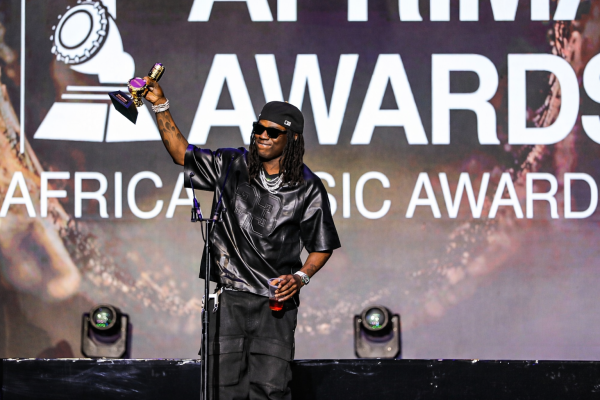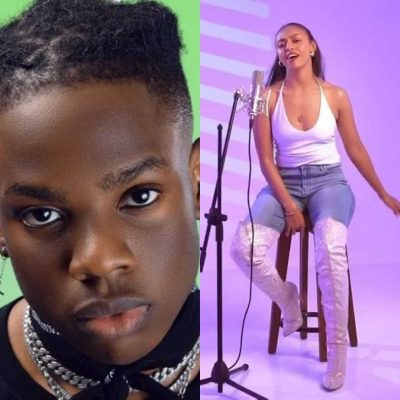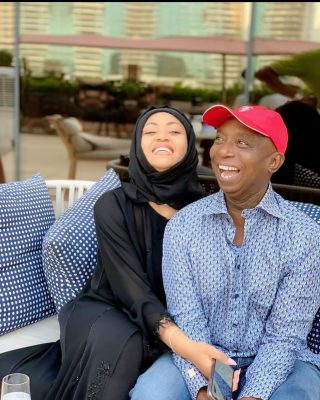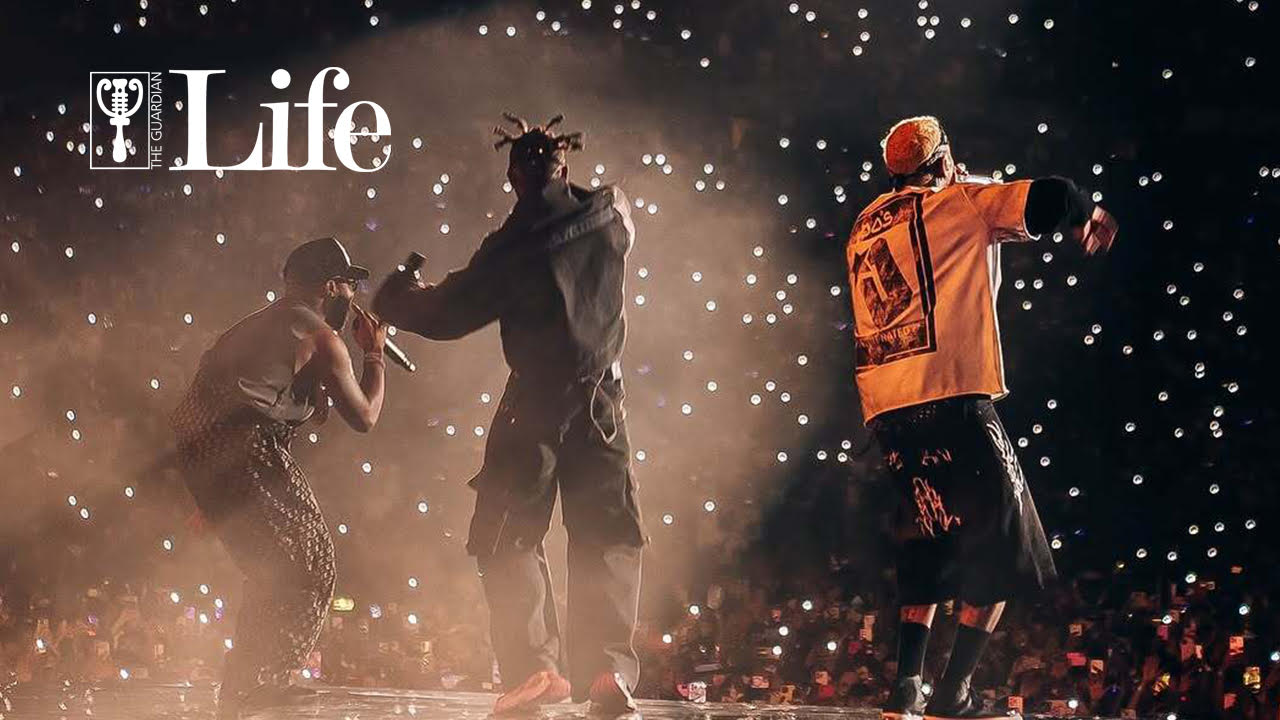
2024 was a monumental year for Nigerian music, as artists like Burna Boy, Wizkid, Rema, Tems, Asake, and Davido dominated global charts and cultural conversations. From soulful melodies to viral dance challenges, these songs not only entertained but also unified diverse audiences worldwide. Discover some of the tracks that defined the year and set the stage for an even more eventful and exciting 2025.
On Friday, January 3, 2025, the final round of voting at the Grammys concluded, raising anticipation for the upcoming ceremony on Sunday, February 2, 2025. In the wake of global acclaim, Nigerian songs that shaped 2024 and beyond have continued to garner worldwide attention—largely propelled by the dynamic artistry of Burna Boy, Wizkid, Rema, Tems, Asake, Davido, and the likes. From Tems’ soulful Love Me Jeje to Chris Brown’s cross-continental collaboration with Davido and Lojay on Sensational, the Grammy nominations bagged by Afrobeats artists reveal the far-reaching impact of Nigerian music and the promise it holds for the future.
This moment of global recognition crowns a remarkable year for Nigeria’s music scene; the Grammy Awards has steadily gained even more prominence in Africa since the inclusion of the Best African Music performance category, which gives more Grammy hopes to music stars across the continent.
READ ALSO: Hottest hits closing up year 2024
The songs that defined 2024 in Nigeria did not just fuel bops and mosh pit raves in clubs and concerts across Lagos and Abuja; they resonated across continents, lighting up playlists from London to Tokyo. Beyond entertainment, these tracks encapsulated the Nigerian spirit and, by extension, Africa’s beauty. These songs and the accompanying visuals influenced fashion trends, sparked political conversations, and became a unifying language for the celebration of Africa’s identity and diversity.
Nigerian singer Davido, while speaking on how Afrobeats has elevated African music worldwide, said, “When music comes out of Africa, it goes global.” He attributed the authenticity and diversity of African sounds—often created from scratch—as key to its universal appeal.
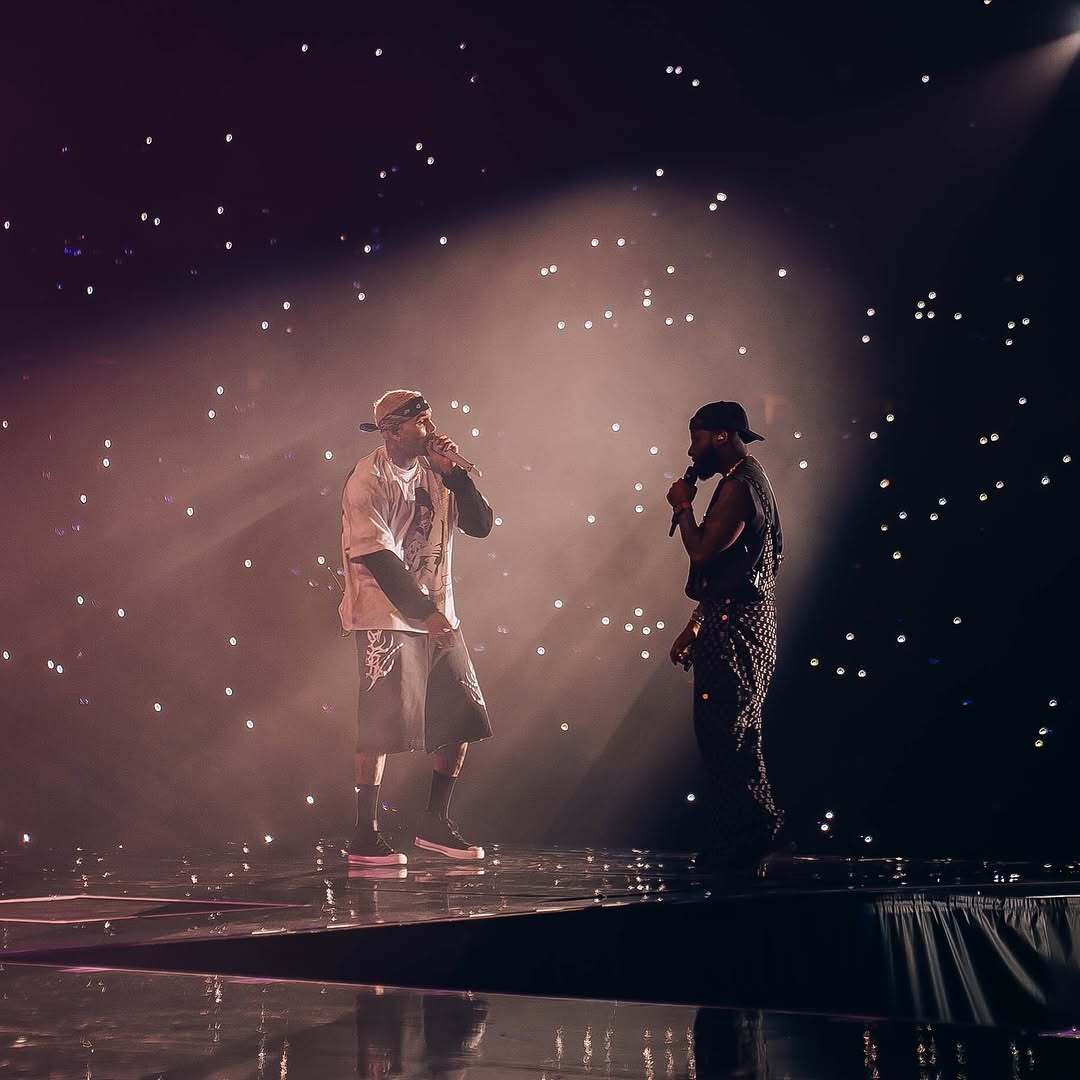
As the world grappled with challenges in 2024, Nigerian artists delivered music that uplifted spirits, energised movements, and connected diverse people.
The global wave of Nigerian music
In 2024, Nigerian music soared to unprecedented heights on international charts, with artists like Wizkid, Burna Boy, Davido, Asake, Tems, Tiwa Savage, Ayra Starr, and Rema at the forefront. Their songs not only racked up millions of streams but also became global anthems. Tracks like Kese (Dance) by Wizkid, Love Me JeJe by Tems, and Ozeba by Rema captured hearts worldwide, blending Afrobeats with universal themes that transcended language barriers.
Wizkid’s longevity became a focal point of discussions around Nigerian creativity breaking through highly competitive music markets. Notably, one of his 2024 songs, Kese (Dance) housed on the Morayo album became the fastest solo African song to surpass ten million streams on Spotify—in just nine days. Rema’s penchant for combining Afrobeats rhythms with relatable lyrics consolidated his place as a household name far beyond the shores of Africa. Together, these artists showcased the global appeal of Nigerian music, further proving that African sounds remain universally relevant.
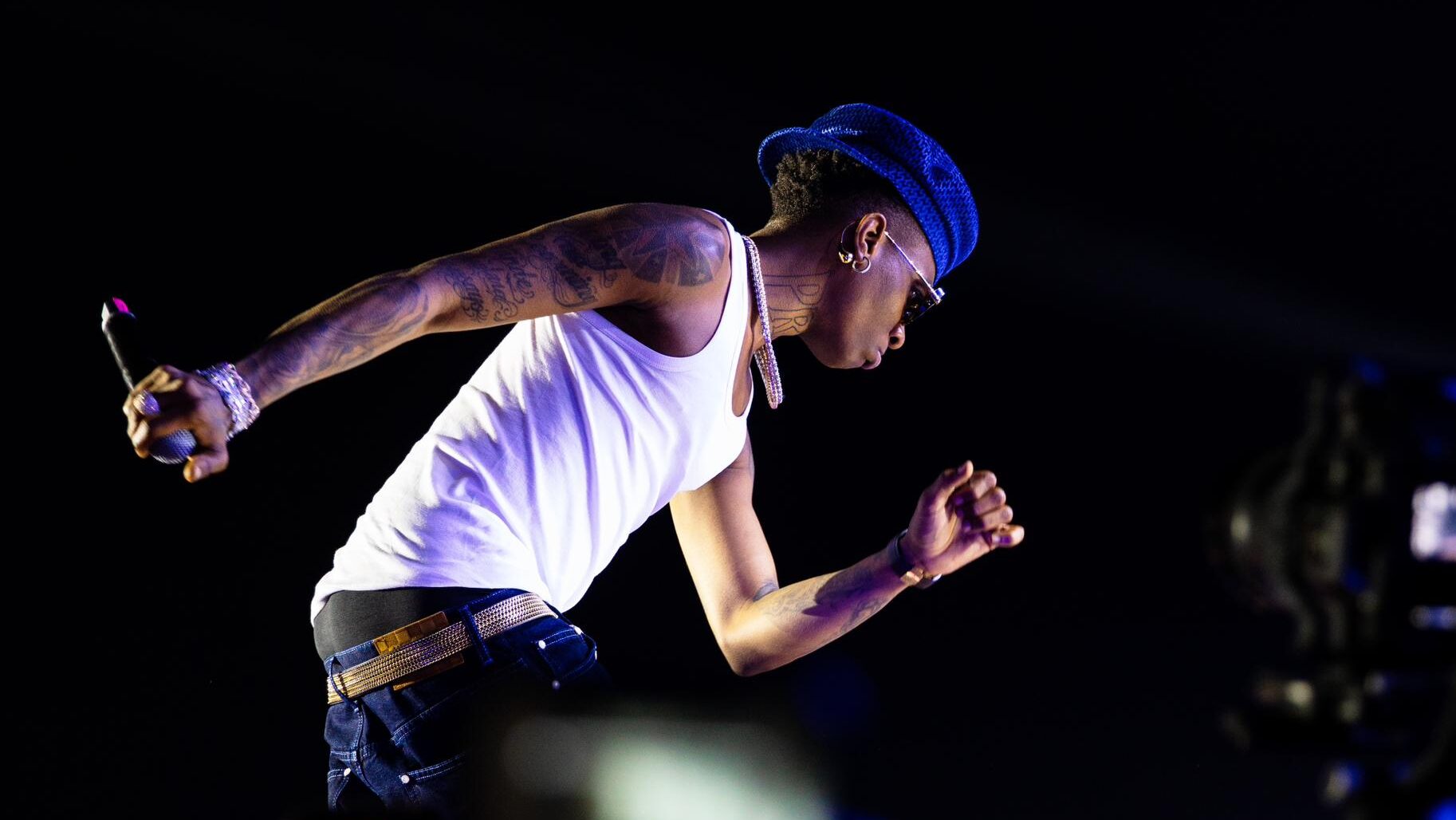
2024 saw Nigerian songs continue to evolve beyond being just a collection of catchy beats. These songs became the soundtracks of our lives—accompanying weddings, relationships, heartbreaks, depression, and birthdays, while also serving as a rallying cry during political agitations and protests. For instance, Rema’s Ozeba, Ayra Starr’s Commas, Kizz Daniel’s Twe Twe, and Wizkid’s Piece of My Heart rose beyond being digital hits to becoming cultural mainstays.
READ ALSO: Rema, Asake shine on Obama’s 2024 favourite music playlist
The music also evolved as a tool for shaping societal discussions. BNXN’s releases, though sometimes laced with humour, sparked conversations about love and ambition in the fabric of Nigerian life. Political rallies reverberated with references to Eedris Abdulkareem’s lyrics. Seyi Vibez-inspired ‘Oblee’ catchphrases fuelled Detty December raves and showed how deeply Nigerian music served as a mirror reflecting the collective hedonism, hopes, struggles, and triumphs of the people.
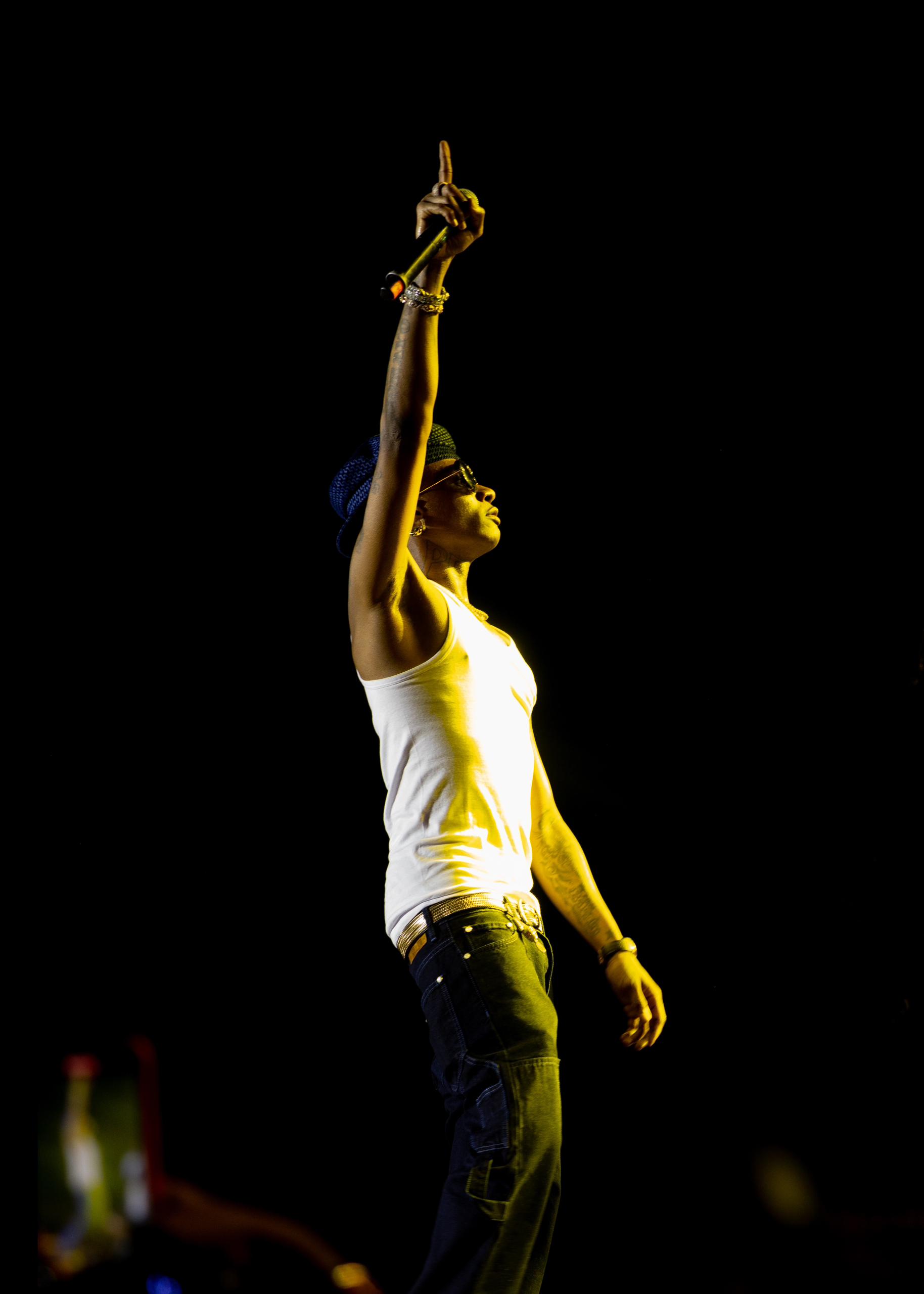
Lyrics that captivated
Lyrics played a pivotal role in the success of Nigerian music throughout 2024. The year saw Nigerians deeply identifying with songs like Ogechi (by Boypee, Brown Joel and Hyce), Ozeba (by Rema), and Omemma (by Chandler Moore). These tracks stood out for their ability to blend spirituality, cultural identity, and contemporary themes.
For instance, Ogechi by BoyPee touched on themes of gratitude and spirituality, becoming an anthem for those seeking solace and inspiration. Similarly, Rema’s Ozeba celebrated individuality and confidence, striking a chord with a generation eager to assert their identity. These lyrics weren’t just sung; they were dissected, shared, and immortalised on social media platforms, creating a sense of collective ownership among fans and critics alike.
The power of streaming and social media
Digital streaming platforms and social media channels were instrumental in further catapulting Nigerian music to global prominence. Platforms like TikTok, Instagram, and YouTube became catalysts for viral trends, with users creating dance challenges and skits inspired by hit songs. The Ozeba challenge, for instance, dominated TikTok for weeks, drawing participants from every corner of the globe.
Social media algorithms favoured Nigerian artists and their brilliance, showcasing their music to international audiences. Boy Spyce’s I Don’t Care gained traction after a viral reaction video, while Shallipopi’s humour-infused songs became favourites for meme creators. Social media ensured that Nigerian music was not just heard but experienced, fostering an interactive relationship between artists and their fans.
The cultural relevance of Nigerian music was reflected in Google’s “Year in Search” report for 2024. Several Nigerian songs dominated the list of most-searched tracks globally, highlighting their widespread impact. Commas, Ozeba, Omemma, and I Don’t Care dominated the chart for top searches.
This surge in search queries wasn’t just about the music—it represented curiosity about the culture and stories behind these songs. Nigerian music became a key feature in global conversations, with fans exploring the artists, lyrics, and themes that made these tracks unforgettable.
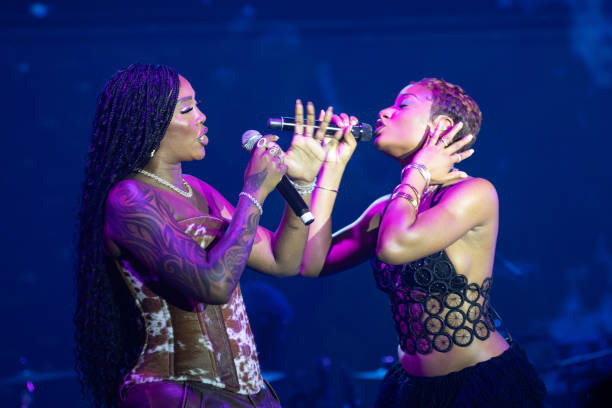
The artistes behind the hits
Behind every hit song were artists whose creativity and resilience put Nigeria on the global music map. Seyi Vibez, known for his witty storytelling, captured the zeitgeist of 2024 with songs that combined humour and social commentary. Khaid’s introspective yet danceable tracks showcased the versatility of Afrobeats, while Ayra Starr continued to redefine what it means to be a global pop star.
Boy Spyce, with his breakout hit I Don’t Care featuring Khaid exemplified the raw talent and determination that define the Nigerian music industry. Each of these artists contributed not just hits but narratives that resonated with a global audience, ensuring that Nigerian music remained at the forefront of international entertainment.
What will 2025 bring?
The songs that shaped 2024 were more than mere entertainment; they were cultural landmarks that defined a moment in our history. Nigerian music, with its unique blend of storytelling, rhythm, and creativity, captivated the world and solidified its place in global entertainment.
But the frenzied social media catfights among the fans of the famed Big 3—Davido, Wizkid and Burna Boy—are likely to go on in February 2025 with the Afrobeats heavyweights all nominated for the Grammys. While Wizkid and Burna Boy have both won the Grammys before, the next edition will be the second time the Best African Music Performance category will be awarded. You will recall that in 2024, South African pop star, Tyla became the first winner of the now coveted award.
Davido breaking the duck to win his first Grammy award this year will give his 30BG fanbase the bragging rights for months and maybe years to come. Despite recent reports about contractual matters, Afrobeats’ golden boy, Asake also lurks in the corner for further global recognition.
As we look ahead, one thing is certain, Nigerian music is not just shaping today; it’s setting the tone for the future. With every beat and lyric, it tells a story of resilience, creativity, and the situation of the country where it draws inspiration.
2024’s most streamed tracks in Nigeria
- Dealer – Ayo Maff, Fireboy
- Different Pattern – Seyi Vibez
- Higher – Burna Boy
- Woto Woto Seasoning – OdumoduBlvck, Black Sherif
- Aquafina – Young Jonn
2024’s most streamed albums in Nigeria
- Jiggy Forever – Young Jonn
- Lungu Boy – Asake
- Eziokwu – OdumoduBlvck
- HEIS – Rema
- Work of Art – Asake
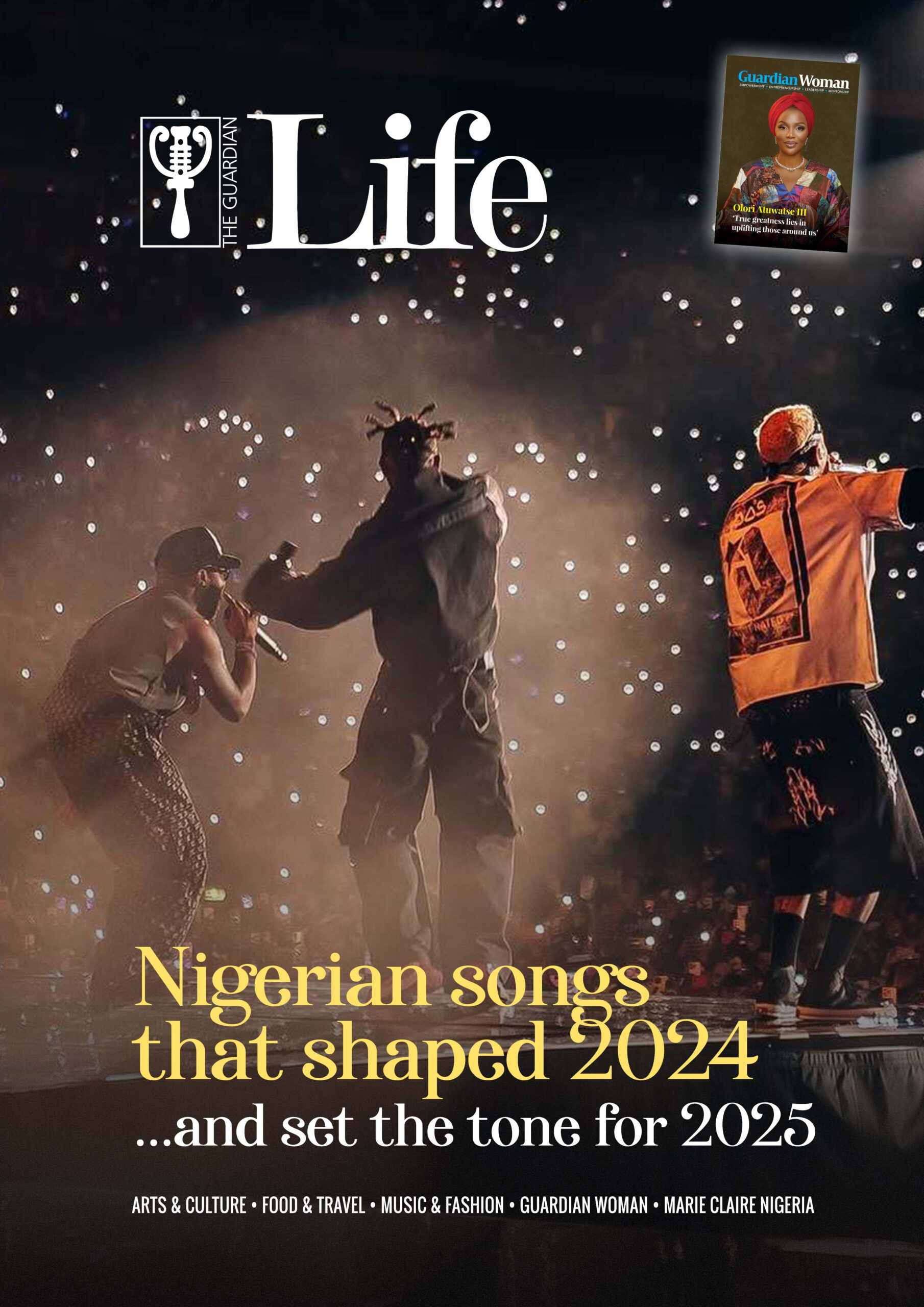
*stats by Spotify



